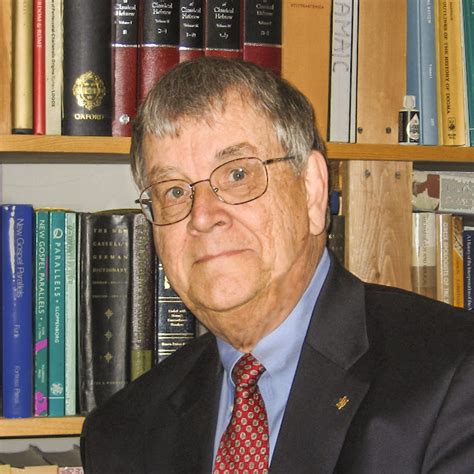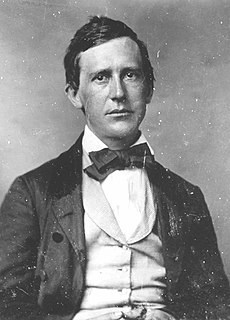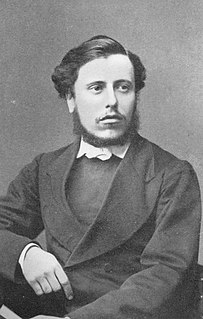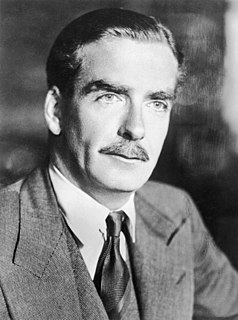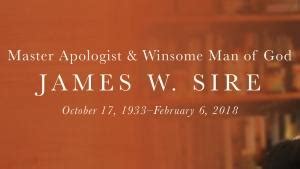A Quote by Christopher Hitchens
In ridiculing a pathetic human fallacy, which seeks explanation where none need be sought and which multiplies unnecessary assumptions, one should not mimic primitive ontology in order to challenge it. Better to dispose of the needless assumption altogether. This holds true for everything from Noah's flood to the Holocaust.
Related Quotes
I never looked at Noah as an animal collector. I always thought of him as an apocalyptic character. I read everything I found about it and was surprised to find that in all religions there is the story of the flood, and that one "hero" saved the world. This proved that Noah and his Ark - were not a religious myth, and is evidence that humanity really went through the flood.
There is a relative order to the fossilized species of plants found in the geologic record for which Flood Geology cannot account, unless you can imagine apple and orange trees with Nike sneakers on their roots, racing past the magnolias and primitive mammals, leaving the ginkgoes back there with the dinosaurs when the Flood waters began to rise.
Existential psychotherapy is the movement which, although standing on one side on the scientific analysis owed chiefly to the genius of Freud , also brings back into the picture the understanding of man on the deeper and broader level man as the being who is human. It is based on the assumption that it is possible to have a science of man which does not fragmentize man and destroy his humanity at the same moment as it studies him. It unites science and ontology .
The variables of quantification, 'something,' 'nothing,' 'everything,' range over our whole ontology, whatever it may be; and we are convicted of a particular ontological presupposition if, and only if, the alleged presuppositum has to be reckoned among the entities over which our variables range in order to render one of our affirmations true.
Dialogue is a space where we may see the assumptions which lay beneath the surface of our thoughts, assumptions which drive us, assumptions around which we build organizations, create economies, form nations and religions. These assumptions become habitual, mental habits that drive us, confuse us and prevent our responding intelligently to the challenges we face every day.
It's natural to be skeptical of a story like Noah. However, the greatest miracle in the Bible is not Noah and the flood. The greatest miracle in the Bible is recorded in the first verse: "In the beginning God created the heavens and the earth." If that miracle is true, then every miracle in the Bible is at least possible (including Noah's Ark). If God created the universe, then He can do whatever He wants inside it.
Love doesn't have to be perfect. Even perfect, it is still the best thing there is, for the simple reason that it is the most common and constant truth of all, of all life, all law and order, the very thing which holds everything together, which permits everything to move along in time and be its wonderful or ordinary self.
The free world has need that its foreign policies should fairly measure the realities of the world in which we live. There are certain principles to which we hold: the sanctity of treaties, good faith between nations, the interdependence of peoples from which no country, however powerful, can altogether escape.
According to true military art, one should never push one's enemy to the point of despair, because such a state multiplies his strength and increases his courage which had already been crushed and failing, and because there is no better remedy for the health of beaten and overwhelmed men than the absence of all hope.
A worldview is a commitment, a fundamental orientation of the heart, that can be expressed as a story or in a set of presuppositions (assumptions which may be true, partially true or entirely false) which we hold (consciously or subconsciously, consistently or inconsistently) about the basic constitution of reality, and that provides the foundations on which we live and more and have our being.


